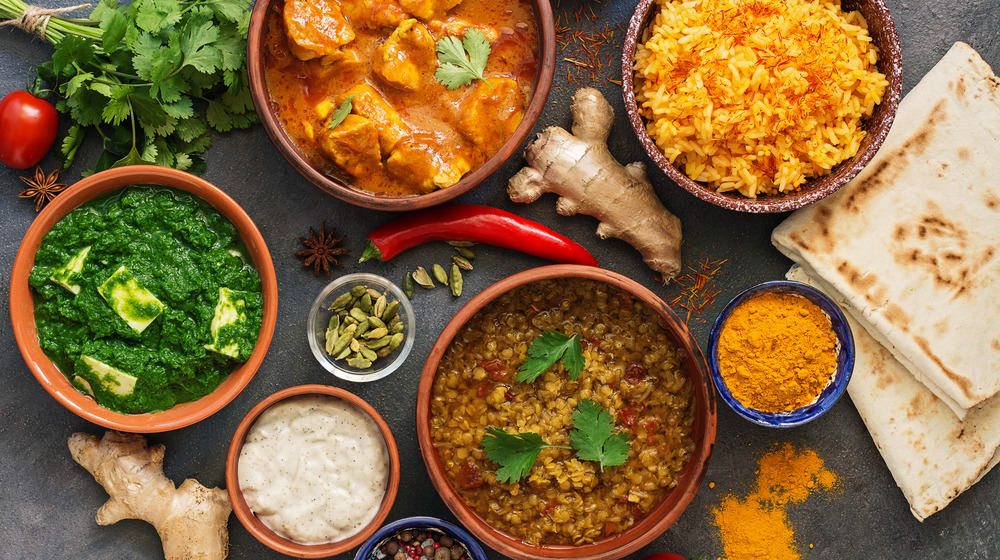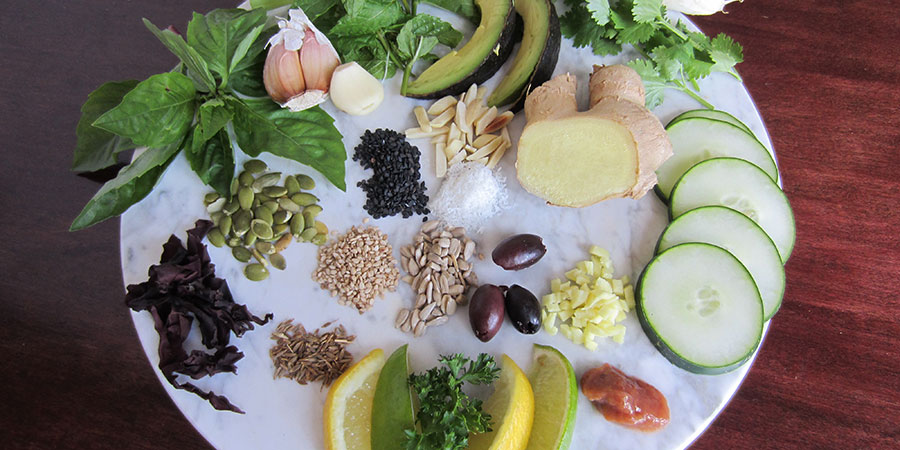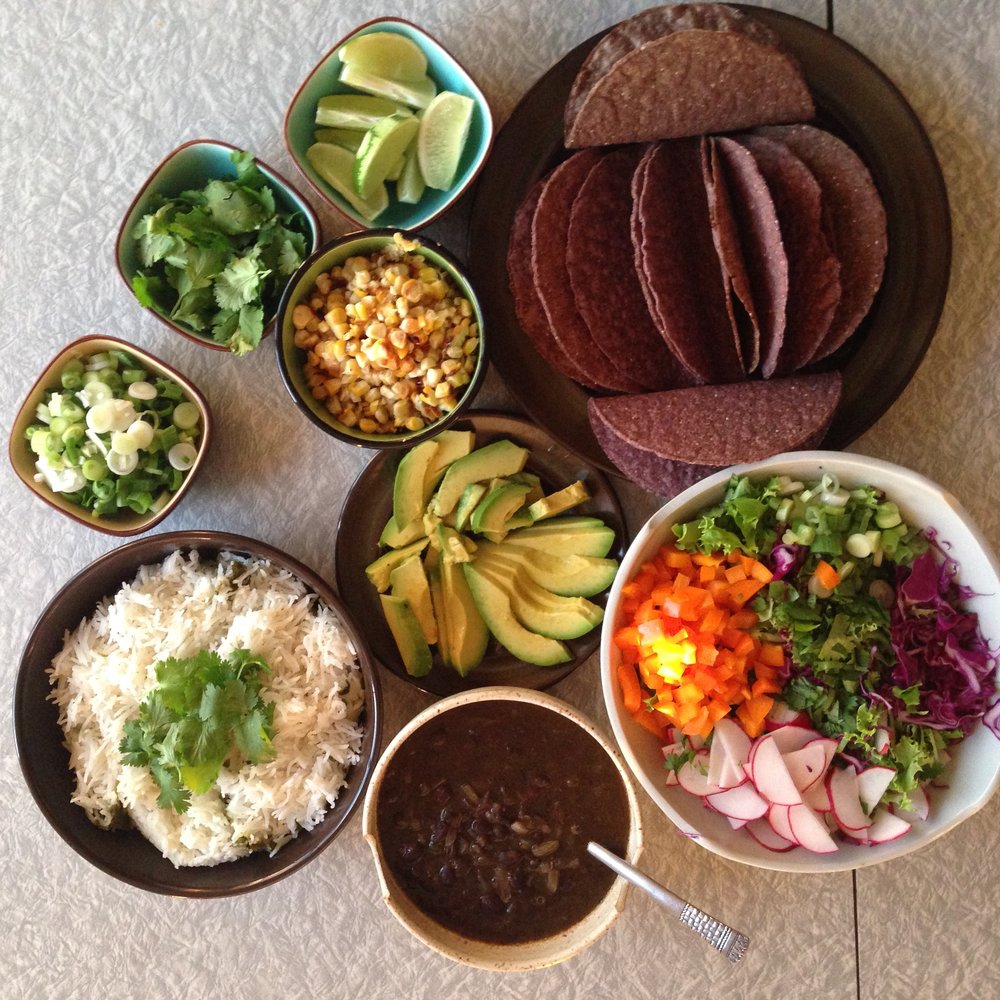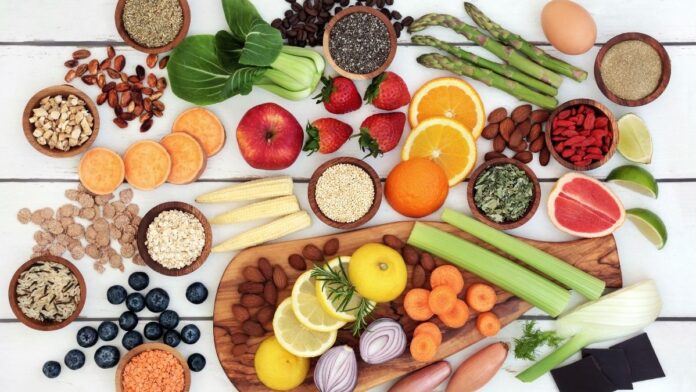Ayurveda is an ancient system of medicine that originated in India more than 3,000 years ago. It is based on the belief that health and wellness depend on a balance between the mind, body, and spirit. According to Ayurveda, this balance is achieved by maintaining the proper functioning of the doshas, which are the fundamental forces that govern all physical and mental processes in the body.
Understanding Doshas
The doshas are known as Vata, Pitta, and Kapha, and each one is associated with a specific set of physical and mental characteristics. Vata is associated with movement and is responsible for bodily functions such as circulation, respiration, and elimination. Pitta is associated with metabolism and is responsible for digestion, absorption, and the metabolism of nutrients. Kapha is associated with structure and stability and is responsible for growth, lubrication, and protection of the tissues.
In Ayurveda, it is believed that each person has a unique combination of the doshas, known as their “prakriti,” or natural constitution. This prakriti is determined at birth and is influenced by genetics, environment, and lifestyle. It is also believed that the doshas can become imbalanced due to factors such as diet, stress, and environmental changes, which can lead to physical and mental health problems.
To maintain balance and prevent illness, Ayurveda recommends a personalized approach to healthcare that includes a healthy diet, regular exercise, stress management techniques, and the use of natural remedies such as herbs and oils. Ayurvedic practitioners may also recommend specific lifestyle and behavior changes, such as incorporating yoga and meditation into one’s daily routine, to help bring the doshas back into balance.
Ayurveda also places a strong emphasis on preventative care and considers physical, mental, and emotional health to be interconnected. It views the body as a holistic system and believes that optimal health can only be achieved when all aspects of the person are in balance.
Ayurvedic Diet

Vata is associated with movement and is responsible for bodily functions such as circulation, respiration, and elimination. It is also associated with the nervous system and is believed to be responsible for mental processes such as creativity and intuition. Vata is light, dry, and cold in nature and is generally nourished by warm, moist, and grounding foods such as soups, stews, and cooked grains.
Pitta is associated with metabolism and is responsible for digestion, absorption, and the metabolism of nutrients. It is also associated with the endocrine system and is believed to be responsible for mental processes such as intelligence and determination. Pitta is hot, sharp, and oily in nature and is generally nourished by cool, dry, and lighter foods such as salads, grains, and fruits.
Kapha is associated with structure and stability and is responsible for growth, lubrication, and protection of the tissues. It is also associated with the immune system and is believed to be responsible for mental processes such as memory and stability. Kapha is heavy, moist, and cold in nature and is generally nourished by light, dry, and warming foods such as soups, grains, and vegetables.
It is recommended that people follow a diet appropriate for their unique combination of doshas, as determined by their “prakriti” (natural constitution and temperament). This may involve eating more or less of a certain food or avoiding certain foods altogether. An Ayurvedic practitioner or a qualified Ayurvedic nutritionist can help determine an individual’s dosha type and recommend a diet suitable for their specific needs.
Selecting food types according to your body type in Indian Ayurveda:
To maintain balance and prevent illness, Ayurveda recommends a personalized approach to healthcare that includes a healthy diet. Each dosha is affected by different types of food, and it is believed that eating a diet that is appropriate for one’s dosha type can help bring the doshas back into balance.
Diet for Vata Dosha

People with a Vata body type tend to have a thin, light, and irregular build. They tend to be more prone to dry skin, constipation, and anxiety. Vata types are generally advised to eat warm, cooked, and nourishing foods that are grounding and calming. They should avoid cold, raw, and dry foods, as well as caffeine and alcohol.
Some examples of nourishing and grounding foods for Vata types include:
- Cooked grains, such as rice, quinoa, and oats
- Cooked vegetables, such as root vegetables, squash, and sweet potatoes
- Nuts and seeds, such as almonds, cashews, and pumpkin seeds
- Oils, such as coconut and olive oil
- Legumes, such as lentils and chickpeas
- Soups and stews
- Warm beverages, such as herbal teas and warm milk
Diet for Pitta Dosha

People with a Pitta body type tend to have a medium build and are generally known for their sharp intellect and strong digestion. They tend to be more prone to heat-related issues, such as acne, heartburn, and inflammation. Pitta types are generally advised to eat cooling and calming foods that are easy to digest and not too spicy. They should avoid hot, spicy, and acidic foods, as well as alcohol and caffeine.
Some examples of cooling and calming foods for Pitta types include:
- Cooling grains, such as barley, corn, and rice
- Cooling vegetables, such as cucumbers, leafy greens, and zucchini
- Fruits, such as apples, berries, and melons
- Nuts and seeds, such as almonds and sunflower seeds
- Oils, such as coconut and sunflower oil
- Legumes, such as mung beans and adzuki beans
- Cooling beverages, such as coconut water and herbal teas
Diet for Kapha Dosha

People with a Kapha body type tend to have a heavier and more solid build and are generally known for their strength and stability. They tend to be more prone to congestion, weight gain, and low energy. Kapha types are generally advised to eat light, dry, and warming foods that are easy to digest and stimulate metabolism. They should avoid heavy, sweet, and oily foods, as well as alcohol and caffeine.
Some examples of light, dry, and warming foods for Kapha types include:
- Light grains, such as quinoa and millet
- Light vegetables, such as broccoli, cauliflower, and bell peppers
- Fruits, such as apples, pears, and berries
- Nuts and seeds, such as pumpkin seeds and sunflower seeds
- Oils, such as ghee and olive oil
- Legumes, such as lentils and chickpeas
- Warm beverages, such as ginger tea and warm water with lemon
It is important to note that no one is purely one body type and that everyone has a unique combination of the three doshas. It is also important to consult with a qualified Ayurvedic practitioner to determine your specific body type and receive personalized dietary recommendations.
In conclusion
Ayurveda is a comprehensive system of medicine that focuses on maintaining balance and harmony within the body through the proper functioning of the doshas. It emphasizes the importance of a personalized approach to healthcare and promotes using natural remedies and lifestyle changes to prevent illness and promote overall well-being.
Tags: Ayurvedic diet, what is the ayurvedic diet, ayurvedic diet, ayurvedic nutrition, dosha food, ayurvedic food, ayurvedic for weight loss
